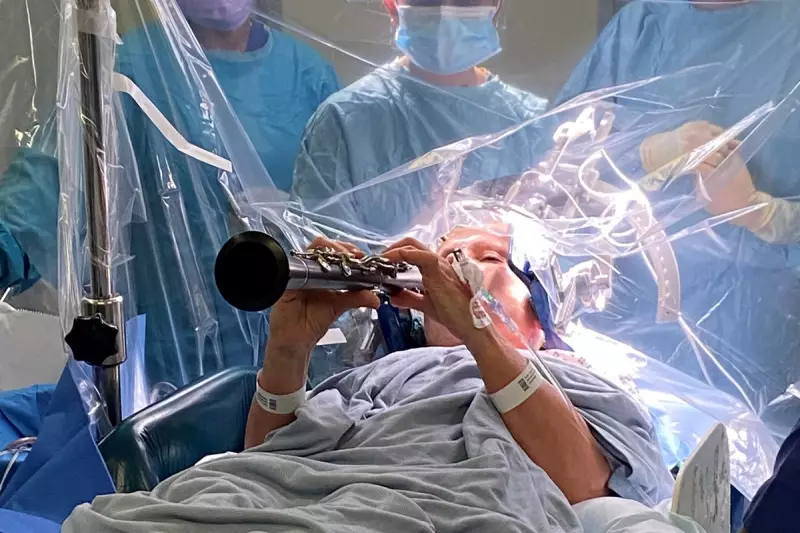
In an extraordinary medical case that bridges neuroscience and musical artistry, a former clarinettist diagnosed with Parkinson's disease has dramatically regained his ability to play his instrument thanks to an innovative brain implant procedure.
The Musician's Struggle
For years, the progressive neurological condition had robbed the patient of the fine motor control essential for playing the clarinet. The tremors and muscle rigidity characteristic of Parkinson's made it impossible to maintain the precise finger movements and breath control required for musical performance.
Revolutionary Treatment
The transformation came through deep brain stimulation (DBS), a sophisticated surgical treatment that involves implanting electrodes into specific areas of the brain. These electrodes deliver carefully calibrated electrical impulses that can effectively 'reset' faulty neural circuits responsible for Parkinson's symptoms.
Beyond Conventional Outcomes
While DBS is known to help with basic motor functions like walking and tremor control, this case demonstrates its potential to restore highly specialised skills. The patient's ability to return to musical performance represents a significant milestone in neurological rehabilitation.
Broader Implications for Parkinson's Treatment
This success story suggests that DBS could help patients regain not just fundamental movements but also complex, cherished activities that significantly impact quality of life. The case highlights how targeted neurological interventions can restore personal passions and professional capabilities.
The Science Behind the Music
Medical researchers believe the improvement stems from how DBS modulates the brain circuits controlling fine motor coordination. By stabilising these neural pathways, the treatment enables the precision required for musical instrumentation that Parkinson's typically disrupts.
This remarkable recovery underscores the potential of advanced neurological treatments to restore not just basic function but the activities that define our identities and bring joy to our lives.





